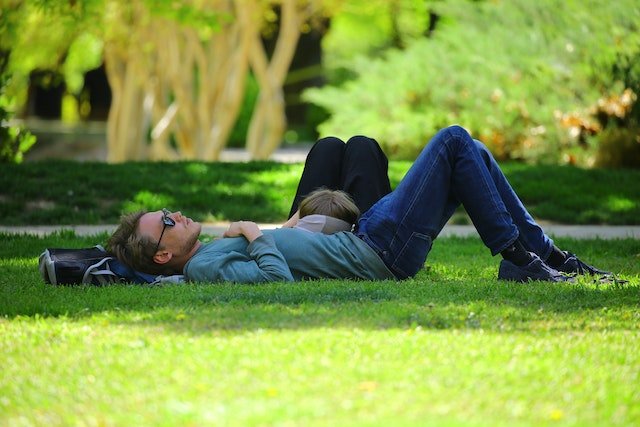As we age, the amount of sleep we need tends to decrease slightly. However, there is still a wide range of what is considered normal, and it is important to pay attention to your own body and how it responds to different amounts of sleep.
In general, adults need about 7-9 hours of sleep per night. However, some people may need more or less depending on their age, lifestyle, and overall health. For example, older adults may need slightly less sleep than younger adults, but this can vary significantly from person to person.
There are several factors that can influence the amount of sleep you need as you get older. These include:
- Hormonal changes: As we age, our bodies produce less of certain hormones that regulate sleep, such as melatonin and growth hormone. This can make it more difficult to fall asleep and stay asleep, leading to the need for more or less sleep.
- Physical changes: As we age, our bodies may experience changes that can affect sleep, such as muscle and joint pain or changes in metabolism. These changes can make it more difficult to get comfortable and fall asleep, leading to the need for more or less sleep.
- Lifestyle factors: The amount of sleep you need can also be influenced by your lifestyle, such as your work schedule, stress levels, and physical activity. If you have a demanding job or are under a lot of stress, you may need more sleep to help you cope with the demands of daily life.
- Health conditions: Certain health conditions, such as sleep disorders or chronic pain, can also affect the amount of sleep you need. If you have a health condition that is affecting your sleep, it is important to work with your healthcare provider to find ways to manage it and improve your sleep.
So, how much sleep do you really need as you get older? The answer is that it varies depending on your individual needs and circumstances. If you are consistently feeling well-rested and alert during the day, it is likely that you are getting the right amount of sleep for your needs. However, if you are consistently feeling tired or having difficulty staying awake during the day, it may be a sign that you need to adjust your sleep habits.
It is also important to pay attention to the quality of your sleep, not just the quantity. Make sure that you are getting deep, restful sleep by creating a comfortable sleep environment and practicing good sleep hygiene habits, such as avoiding screens before bed and sticking to a regular sleep schedule.
Overall, it is important to pay attention to your body’s needs and listen to what it is telling you when it comes to sleep. By getting the right amount of sleep for your needs and maintaining good sleep hygiene, you can help ensure that you are getting the rest and rejuvenation that you need to stay healthy and energetic as you get older.




























